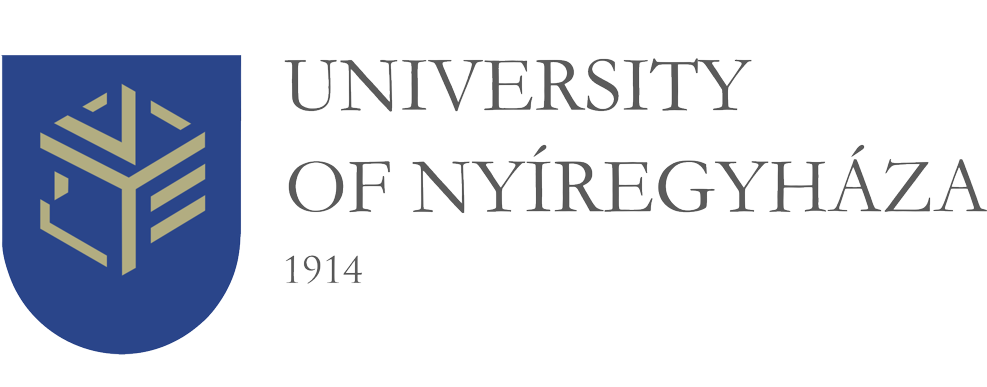Research area and keywords of research:
Aquatic Ecology, Plant Biology
(Keywords: macrophytes, global warming, invasion, phenotypic plasticity, traits)
Name of the researcher(s) and research group:
- Gergő Koleszár
- Dr. Sándor Szabó
Name of the Institute:
University of Nyíregyháza, Institute of Environmental Science
Research objectives:
Our project aims to give answers to which environmental factors help alien aquatic plant species colonization and dispersion, which factors improve community invisibility. Such knowledge will increase our ability to make quick and more effective assessments and measures by which we can control the dispersion of alien macrophytes more efficiently.
Description and results of research:
Surface waters give not only drinking waters but provide important ecosystem services. These services are mostly threatened by alien species invasion as a results of antropogenic eutrophication and by global warming. Here we made multifactorial competition experiments between alien and native macrophytes from the same growth forms.
Research partners from other institutions:
Balázs A. Lukács, Department of Tisza Research, MTA Centre for Ecological Research, Debrecen, Hungary
Zoltán Botta Dukát, MTA Centre for Ecological Research
Other information:-
Publications (max. 5):
- Koleszár G, Lukács BA, Nagy PT, Szabó S. 2022 Shade tolerance as a key trait in invasion success of submerged macrophyte Cabomba caroliniana over Myriophyllum spicatum. Ecology and Evolution. 2022;12:e9306. https://doi.org/10.1002/ece3.9306. Q1 IF 3,167
- Szabó, S., Peeters, ETHM., Borics, G., Veres, S., Nagy, PT., Lukács, BA 2020. The ecophysiological response of two invasive submerged plants to light and nitrogen. Frontiers in Plant Science 10, 1747. IF 4.106 D1
- Szabó S, Peeters ET, Várbíró G, Borics G, Lukács BA 2019. Phenotypic plasticity as a clue for the invasion success of the submerged aquatic plant Elodea nuttallii, Plant Biology 21: 54-63. IF: 2.393 Q1


